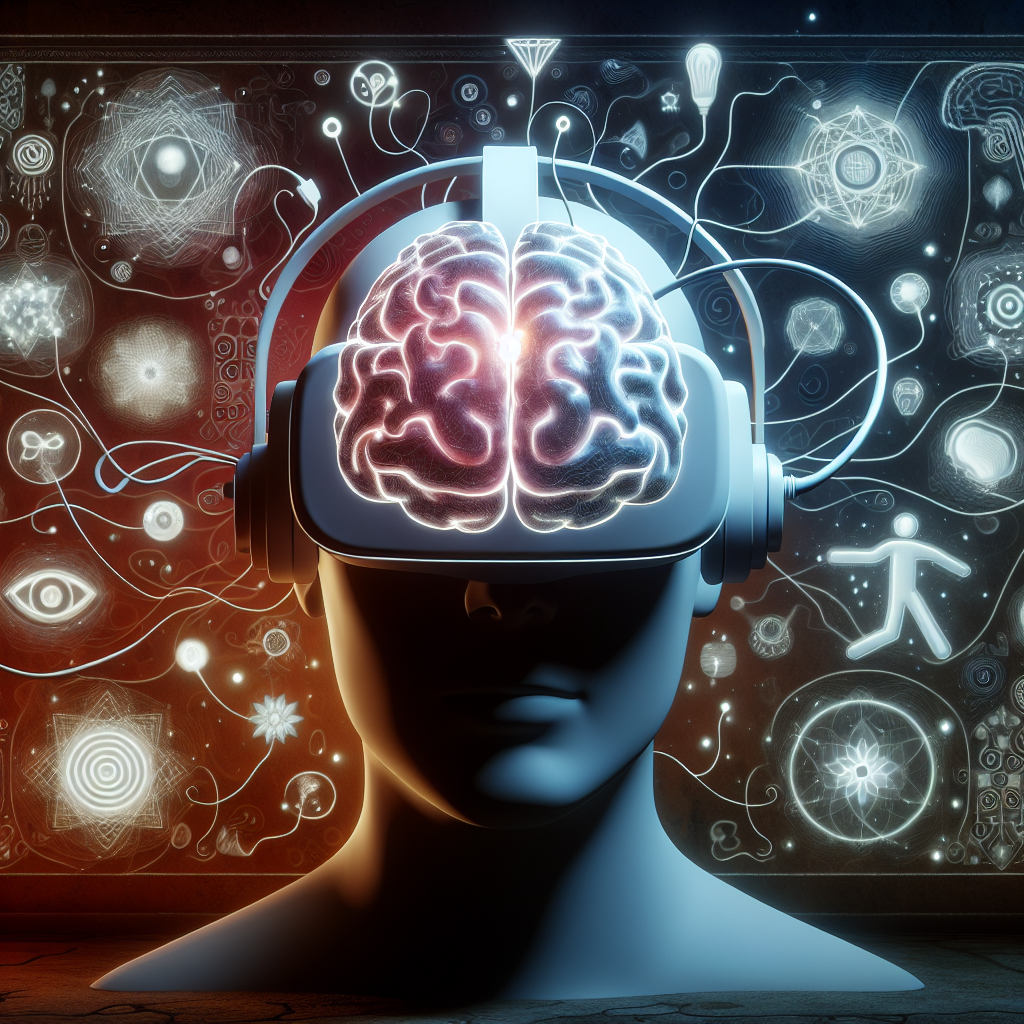The Psychological Effects of Virtual Reality: A Deep Dive into the Mind
Virtual reality (VR) has rapidly become a popular form of entertainment and technology in recent years, offering users an immersive and interactive experience like never before. However, what many people may not realize is that there are also psychological effects that come with using VR.
One of the most prominent psychological effects of VR is the sense of presence that users experience. Presence refers to the feeling of being physically present in a virtual environment, even though the user knows they are actually in a different physical space. This sense of presence can lead to a heightened level of immersion and engagement with the virtual world, making the experience feel more real and impactful.
Another psychological effect of VR is the potential for escapism. VR allows users to escape from their physical surroundings and enter a virtual world where they can be anyone or do anything they desire. This escapism can be both positive and negative, as it can provide a temporary relief from stress or anxiety, but it can also lead to a disconnect from reality and social interactions.
VR also has the ability to evoke strong emotional responses from users. By placing users in realistic and immersive environments, VR can trigger feelings of fear, excitement, or awe. These emotional responses can enhance the overall experience of using VR but can also have lasting effects on the user’s mental state.
Furthermore, VR has been used as a tool for therapy and mental health treatment. Virtual reality exposure therapy (VRET) is a form of treatment that uses VR to expose patients to their fears and anxieties in a controlled environment. This therapy has been shown to be effective in treating phobias, PTSD, and other mental health disorders.
On the other hand, there are also potential risks and negative psychological effects of using VR. Some users may experience motion sickness or disorientation while using VR, which can lead to feelings of nausea or discomfort. Additionally, prolonged use of VR can lead to eye strain, headaches, and fatigue.
In conclusion, virtual reality offers a unique and immersive experience that can have various psychological effects on users. From enhancing presence and emotional responses to providing a form of escapism and therapy, VR has the potential to impact the mind in profound ways. However, it is important for users to be aware of the potential risks and negative effects of using VR and to use it responsibly to ensure a positive and healthy experience.


